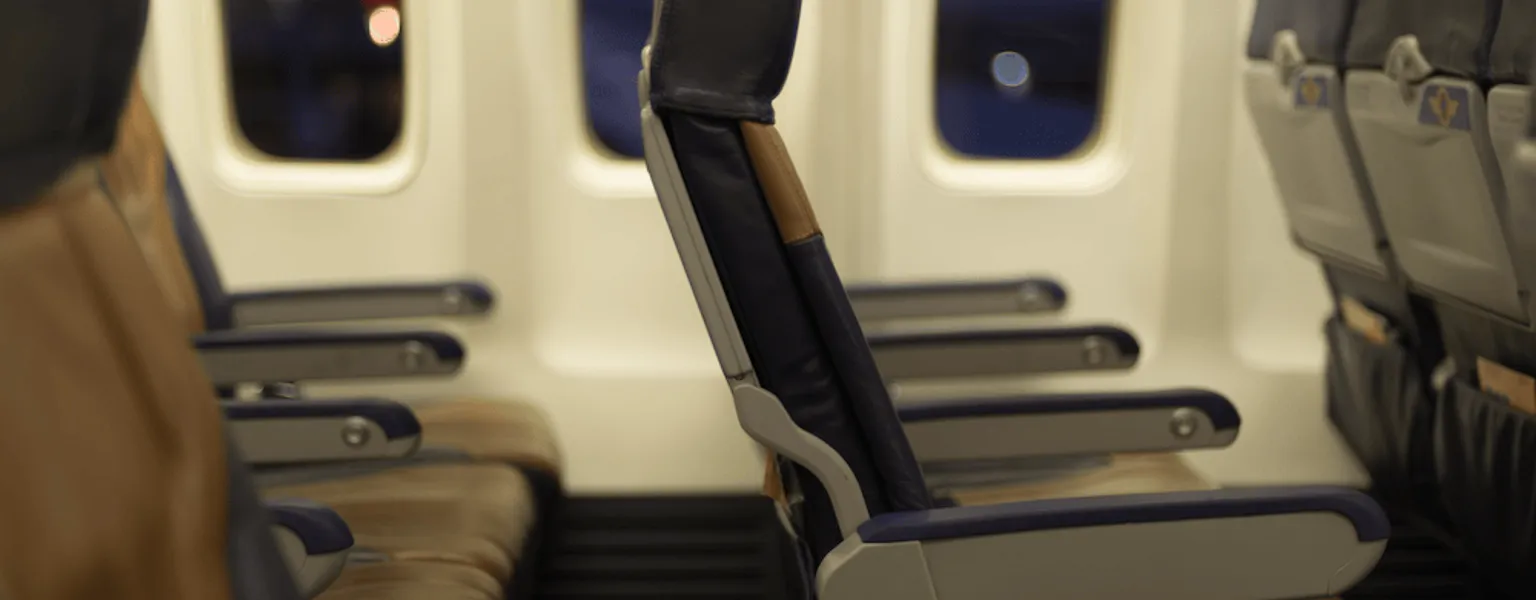IATA Report: Mitigating single-use packaging in the airline sector

Sustainability
The International Air Transport Association (IATA) has unveiled the "Reassessing Single Use Plastics Products in the Airline Sector" report, aiming to guide airlines, regulators, and the airline supply chain in minimising the environmental impact of single-use plastic products (SUPP).
Released at a critical juncture, as the United Nations Environmental Programme (UNEP) convenes an intergovernmental negotiating committee (INC) to develop an international legally binding agreement on SUPP use by the end of 2024, this publication provides valuable insights.
While SUPP are favoured in aviation for their durability, lightness, and compliance with safety regulations, the sector confronts challenges related to enhancing cabin waste performance and transitioning to sustainable alternatives. Technical and operational hurdles persist, compounded by a lack of standardised and risk-based regulations hindering recycling and waste management.
Urging collaboration across the aviation value chain, the report advocates for a sectoral approach to managing SUPP, offering clear recommendations for airlines:
- Review standards and procedures to minimise waste generation, professionally assess the necessity of SUPP, and establish transparent targets for elimination, measurement, and progress tracking.
- Integrate reusable items into operations to foster circularity, considering logistical implications on fuel burn and carbon emissions.
- Enhance waste management by implementing onboard and ground waste segregation, and conducting waste composition audits for passenger and cargo operations.
Insights from IATA surveys underscore the growing consumer and cargo industry preference for reduced SUPP usage, with passengers expressing a willingness to support fewer food and beverage options to achieve this goal. Cargo operators report increasing demands from customers to minimise plastic packaging along the supply chain.
Marie Owens Thomsen, IATA SVP Sustainability and Chief Economist, said: Airlines are taking a comprehensive approach to sustainability that includes addressing the environmental impact of SUPP. The recommendations of this report will help airlines, regulators and the supply chain to manage the complexities of reducing SUPP. This includes finding alternatives to SUPP, creating a harmonised regulatory framework, and promoting sector-wide collaboration. Importantly, these recommendations take advantage of the expertise of all participants in the aviation sector to develop, adapt and implement the solutions best suited to an aircraft’s unique environment.
As the industry navigates toward sustainability, concerted efforts and strategic initiatives are essential to drive meaningful change and address the environmental footprint of single-use plastics in aviation.
Related News
-
Sustainability
easyJet introduces reusable cups and cutlery for flight crew
-
Sustainability
Alaska Airlines eliminates plastic cups on board
-
Sustainability
Baileys trials lightweight aluminium bottles at airports
-
Business
Uber Eats and DeliverZero extend reusable packaging pilot to West Coast
-
Sustainability
California's plastic pollution law gains momentum




